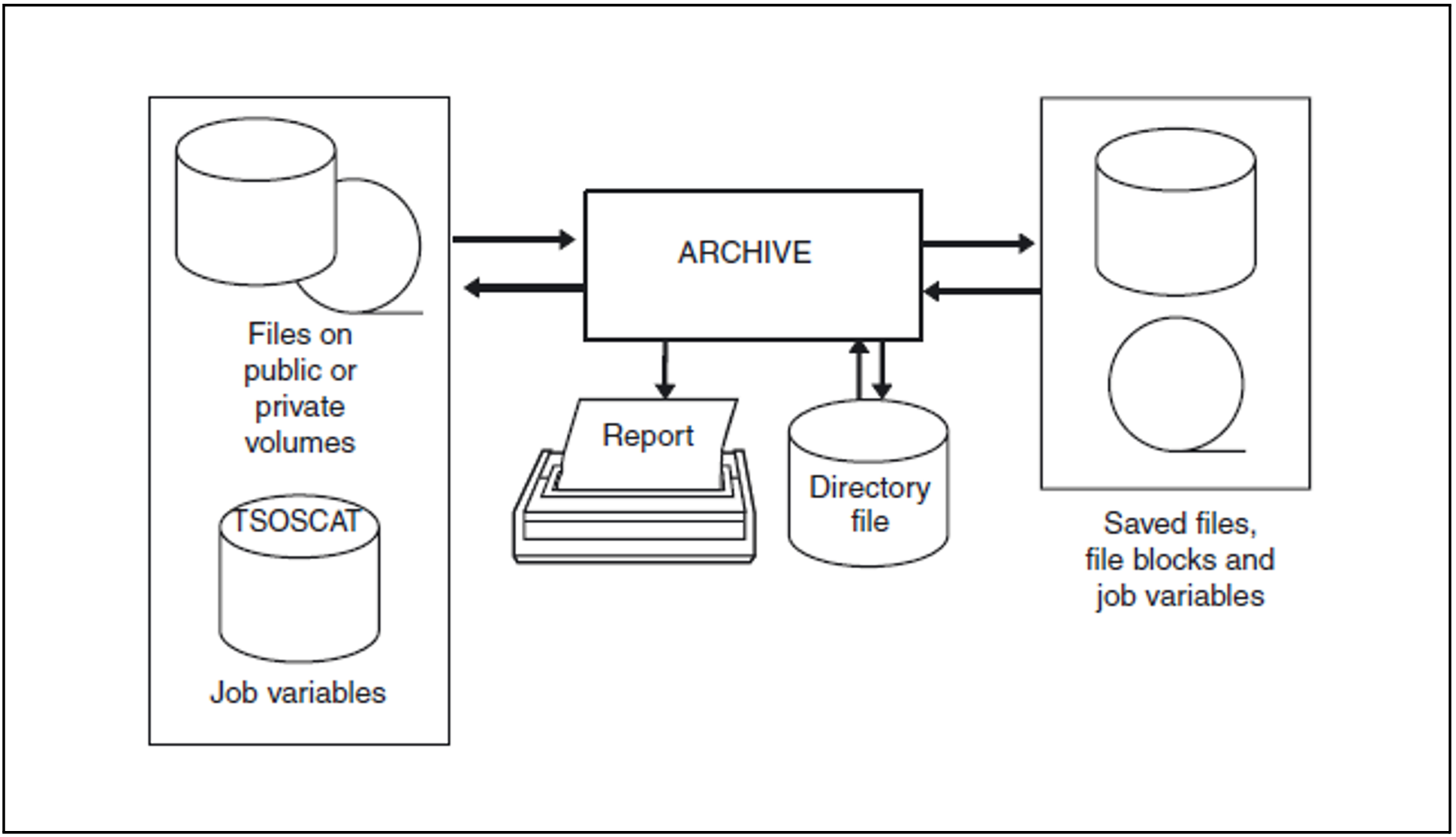Figure 4: Backup, archiving and restoration of files and job variables
ARCHIVE can be used to save files, file blocks, and catalog entries of files and job variables on tape, MT cartridge or disk. The data is saved in so called save files.
Only the system support can save data to public volumes; saving is only possible to disks of the home pubset.
In the case of files on tape or MT cartridge only the catalog entries are saved.
Files that are saved or restored and save files cannot be reserved by means of the /SECURE-RESOURCE-ALLOCATION command.
By default, all the important information concerning a save run is printed out and stored in the directory file. If you wish to read in your files again from the save volume, you need only specify the name of the directory file. All the necessary information, such as the VSN of the save volume, is then extracted from this directory file.
Execution of a save run
| The program is called. |
| The files to be saved are selected. |
| The job variables to be saved are selected. |
| The directory file name, the VSNs of the save volumes and the operands for the save run are specified. |
| The program is terminated. |
Execution of a restoration run
| The program is called. |
| The files to be read in are selected. |
| The job variables to be read in are selected. |
| The name of the directory file, the VSNs of the save volumes and the operands for the restoration run are specified. |
| The program is terminated. |
ARCHIVE parameters are only used in ARCHIVE statements if the operand corresponding to the parameter is not specified in the statement. (see “Underlining”, "Metasyntax").
In the syntax representation, the presetting for the parameters is specified as the default value (see "SHOW-DEFAULT Display the default parameter settings"). The value for the parameter can differ from the presetting if the parameter file is altered, see below.

